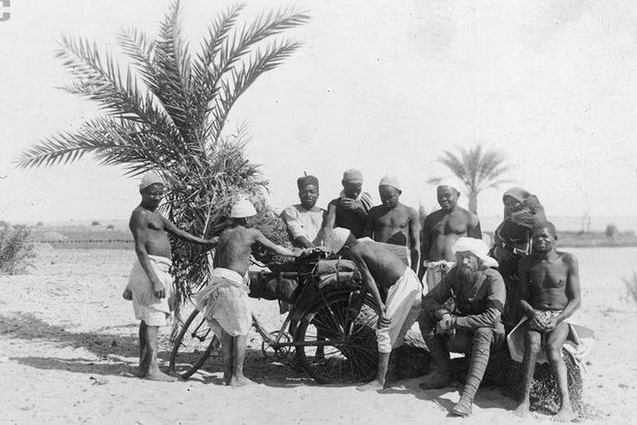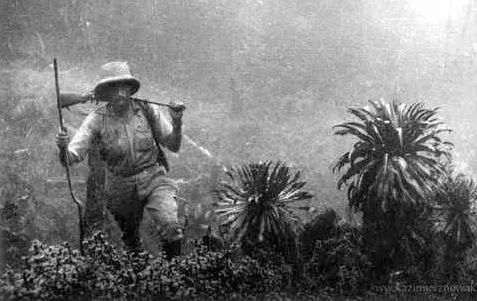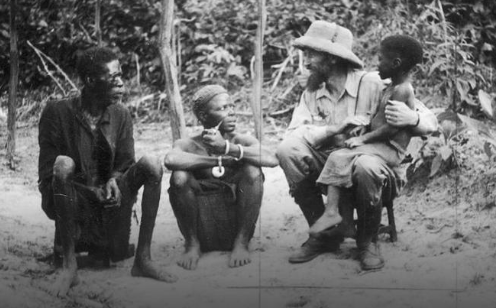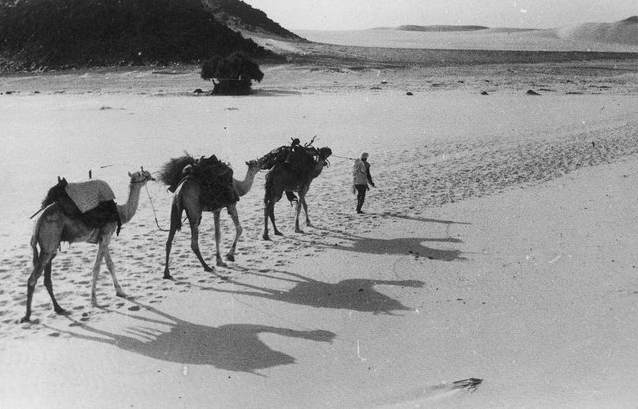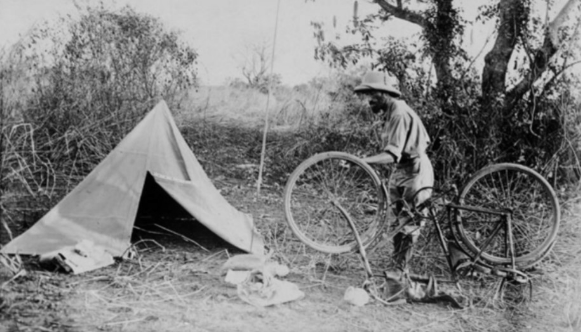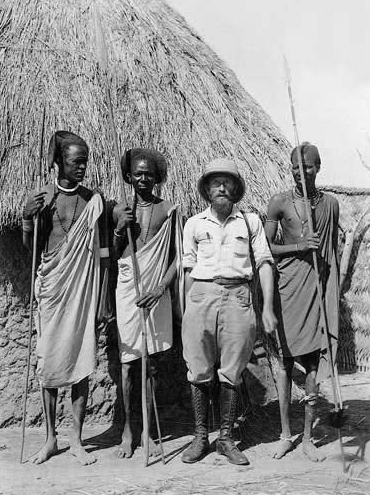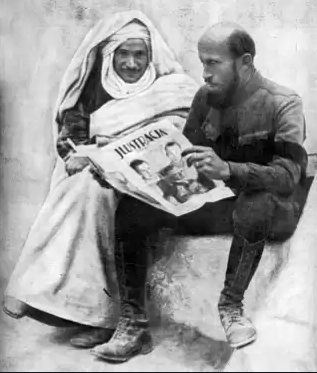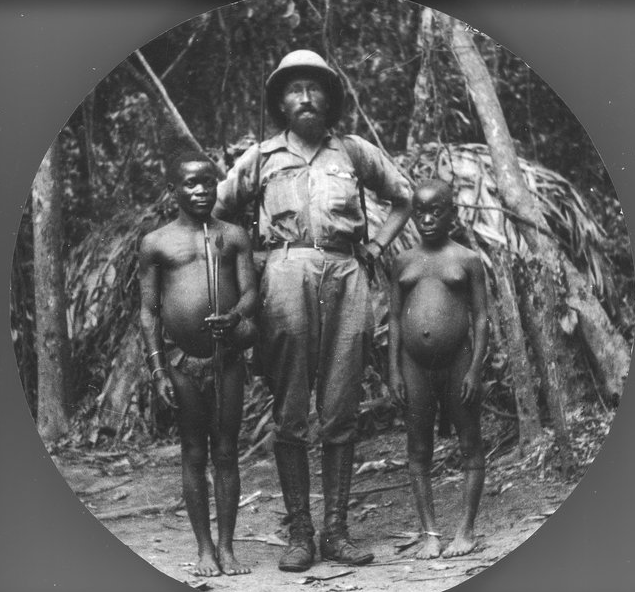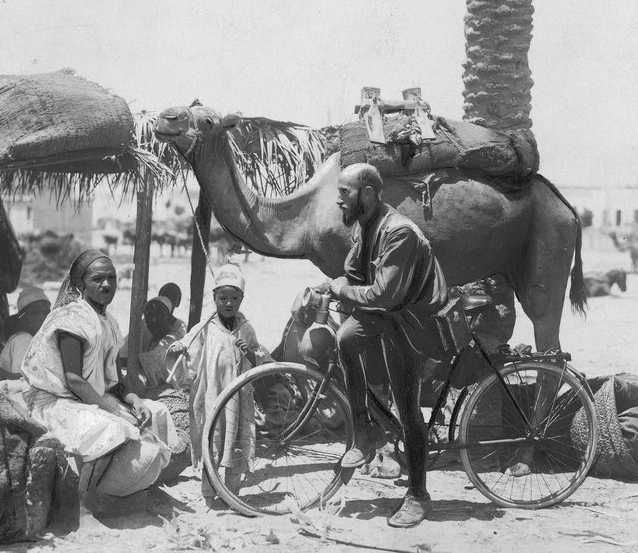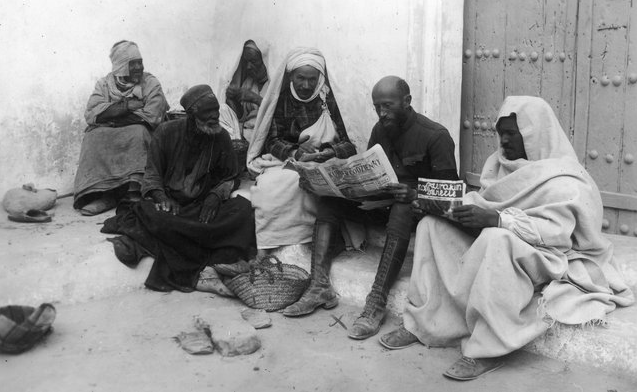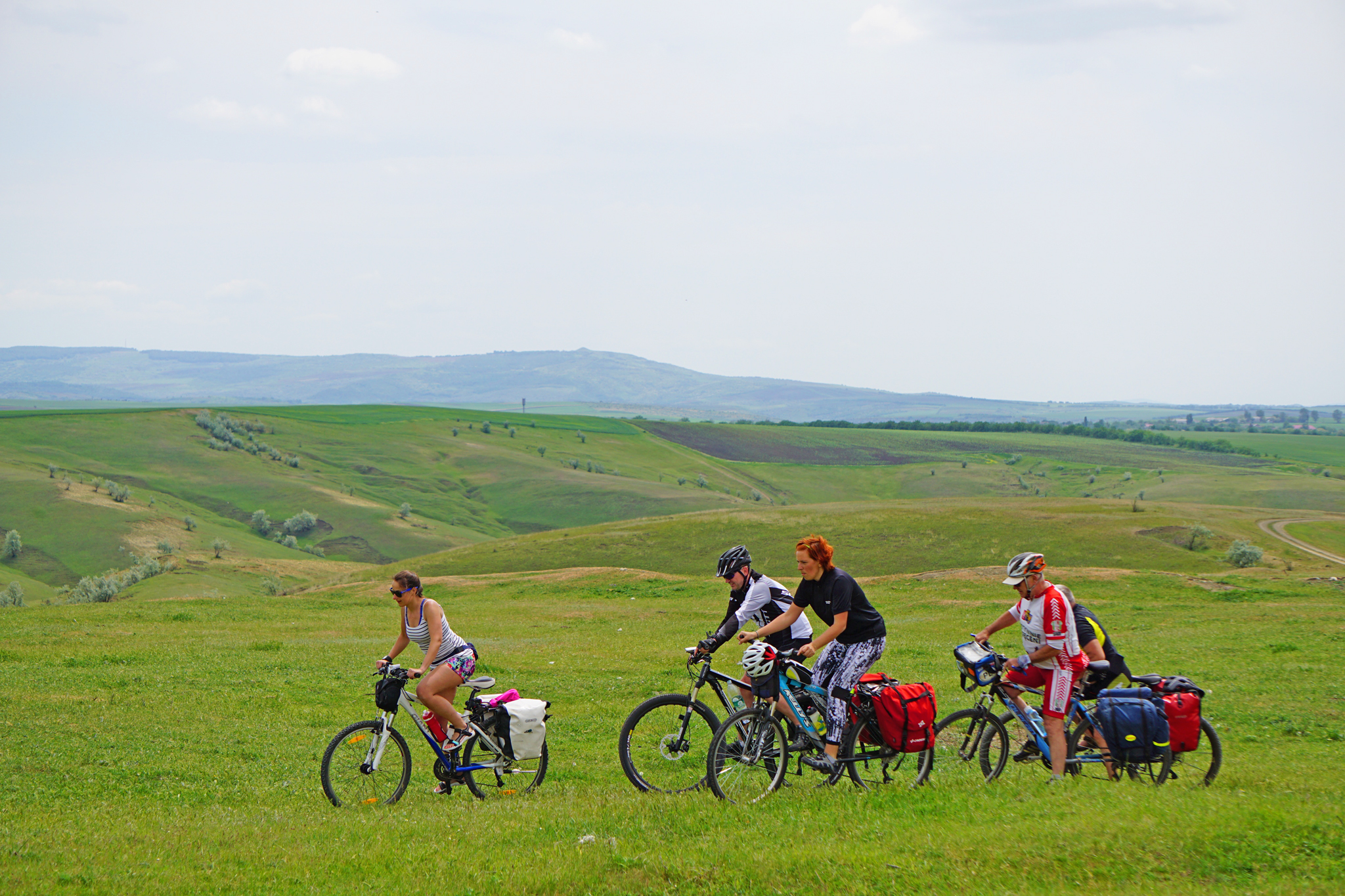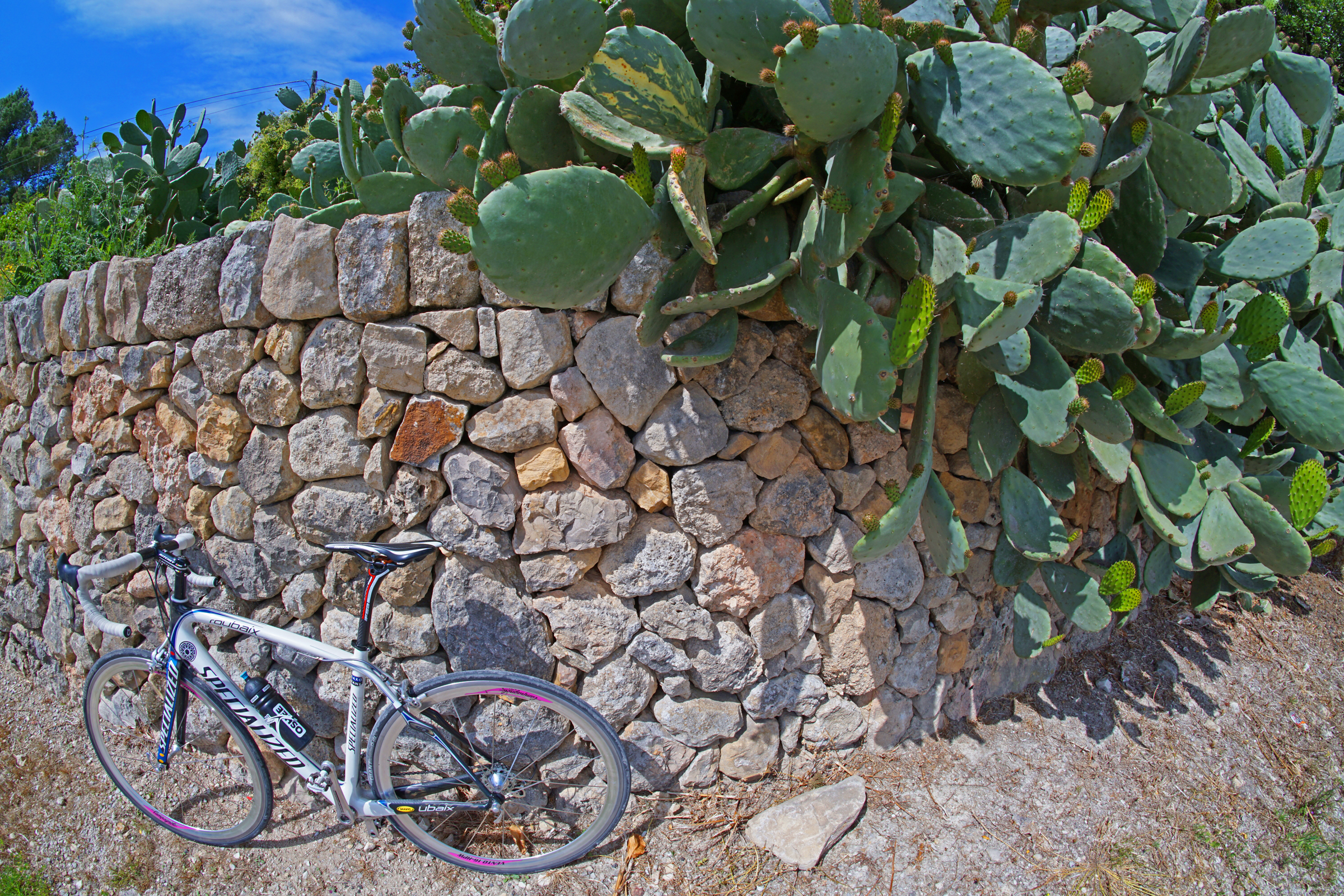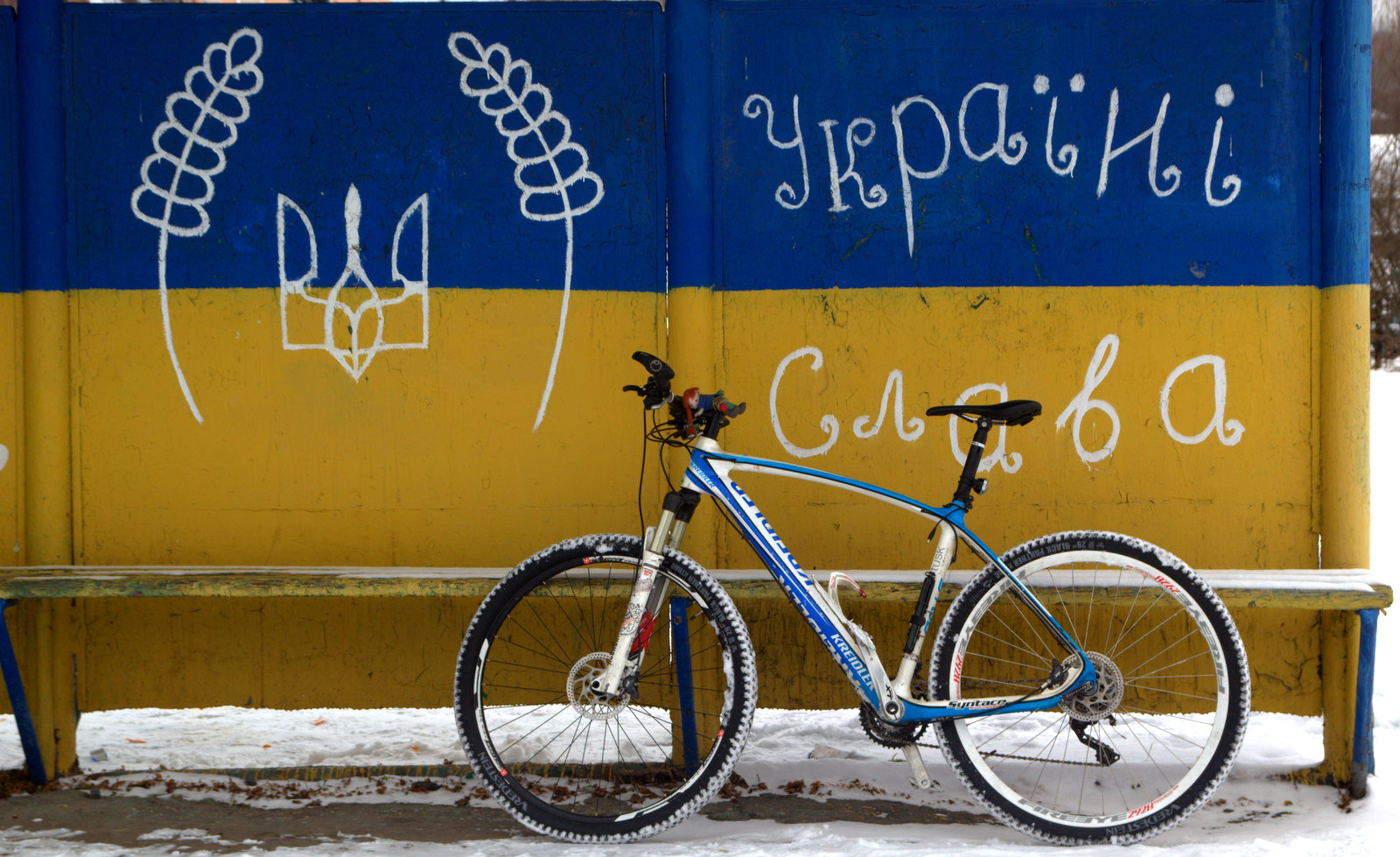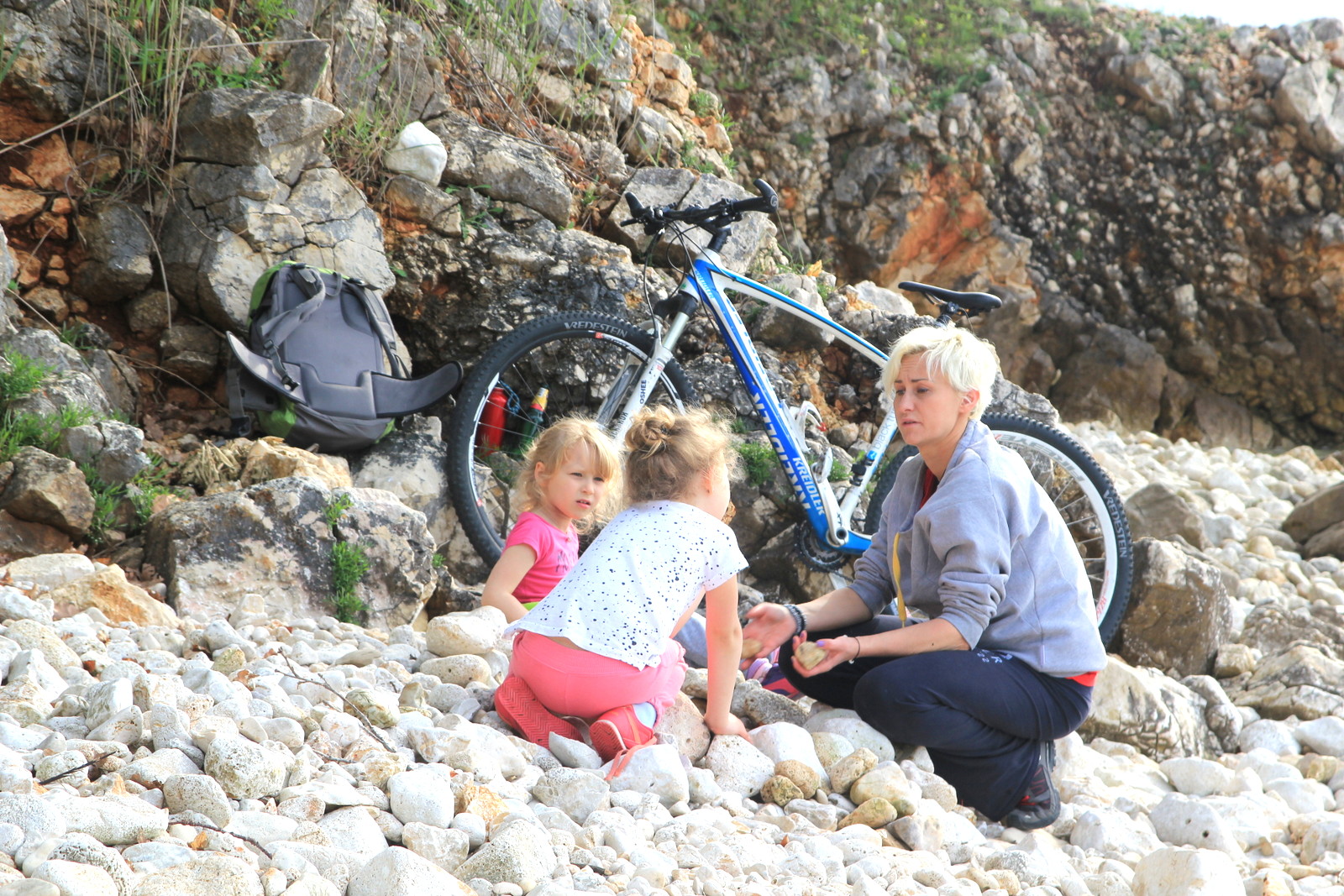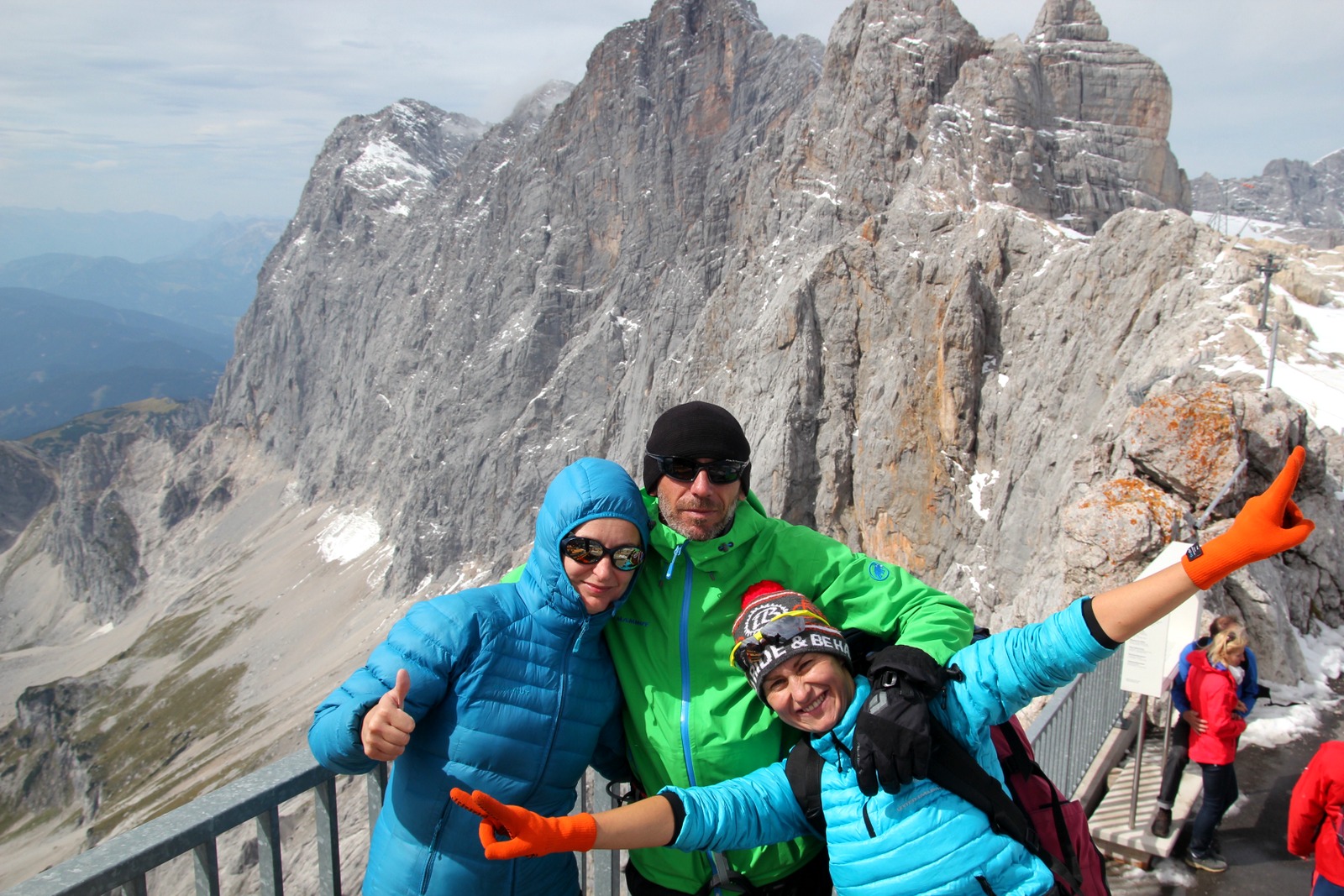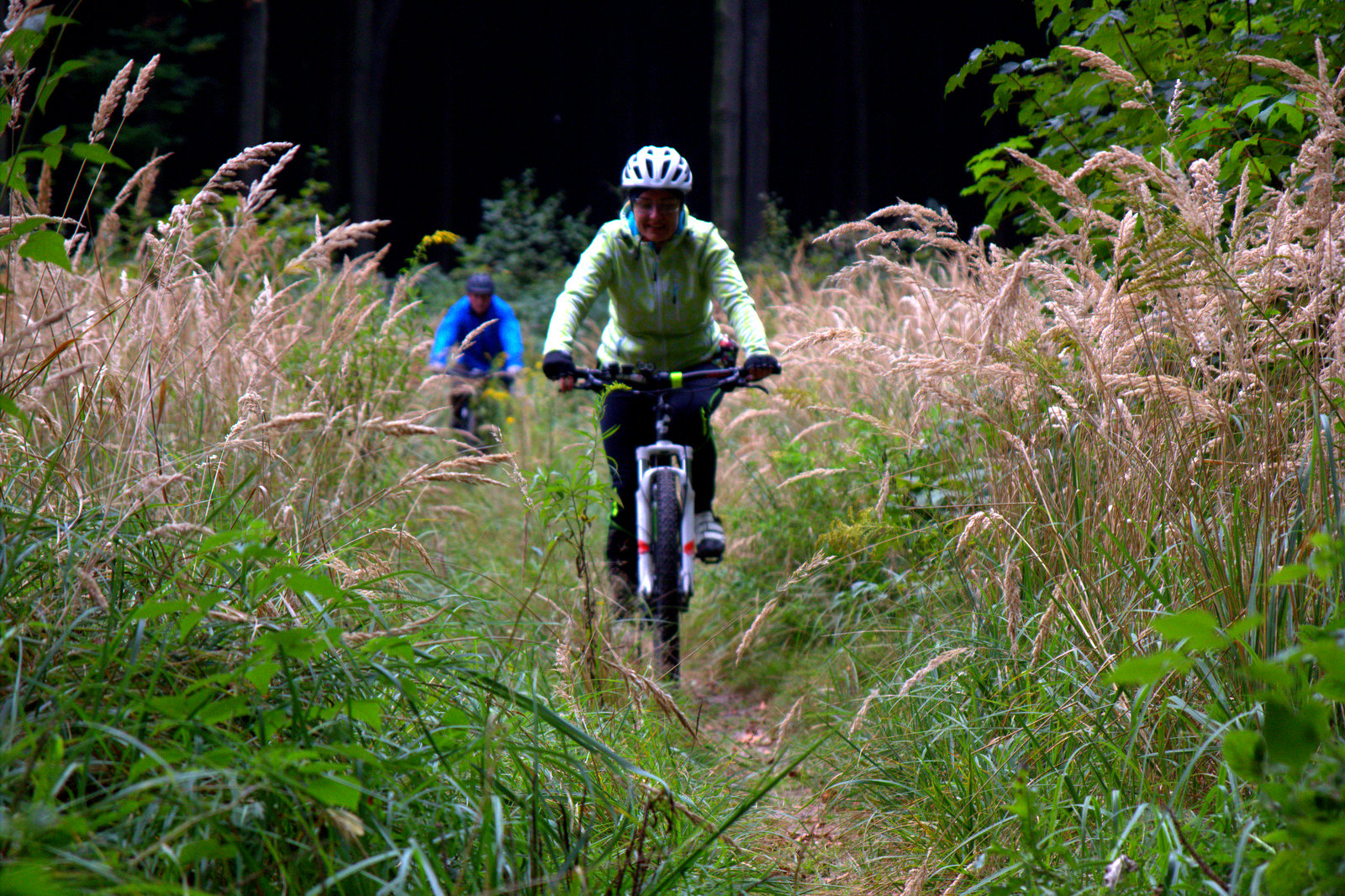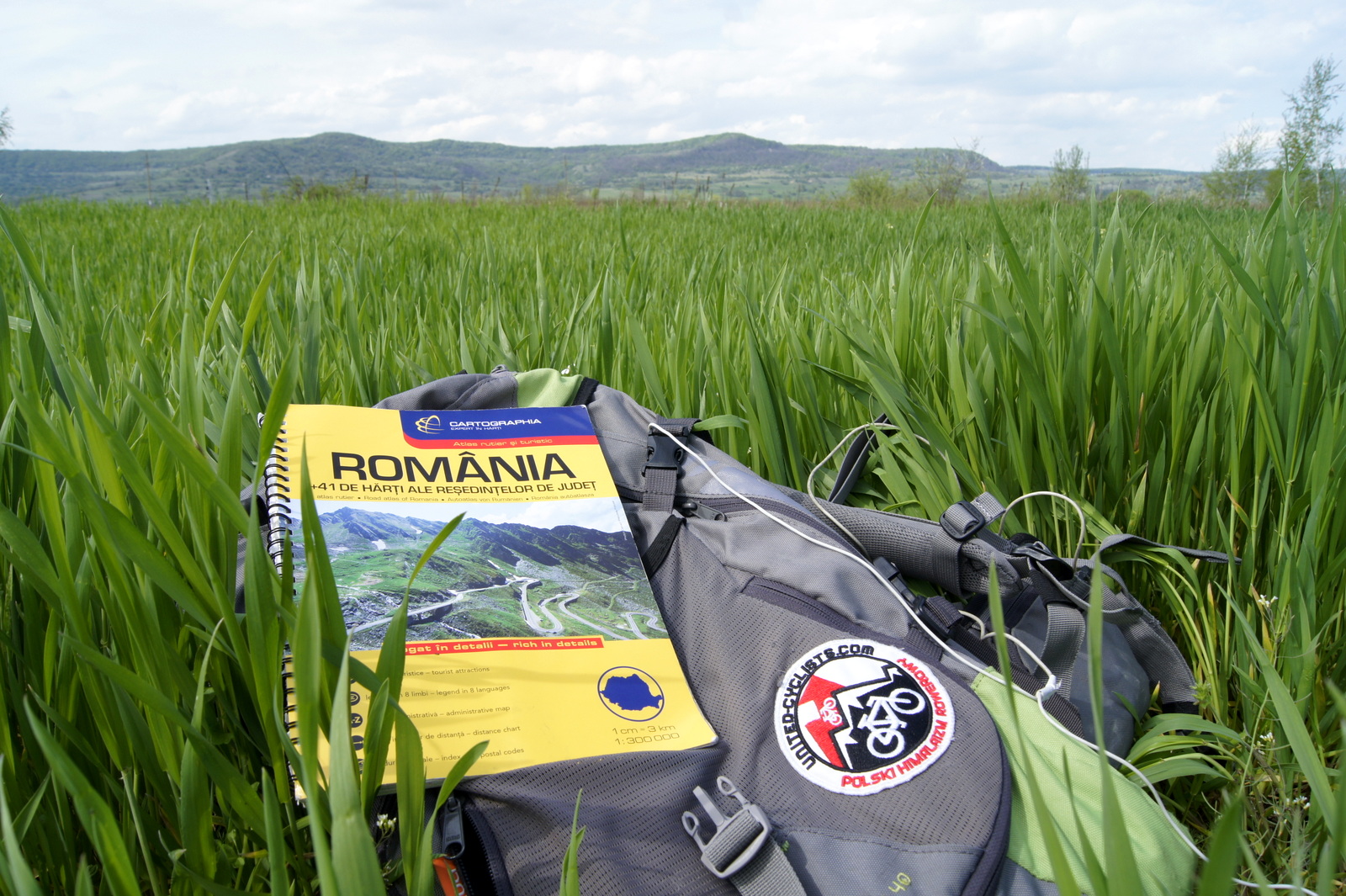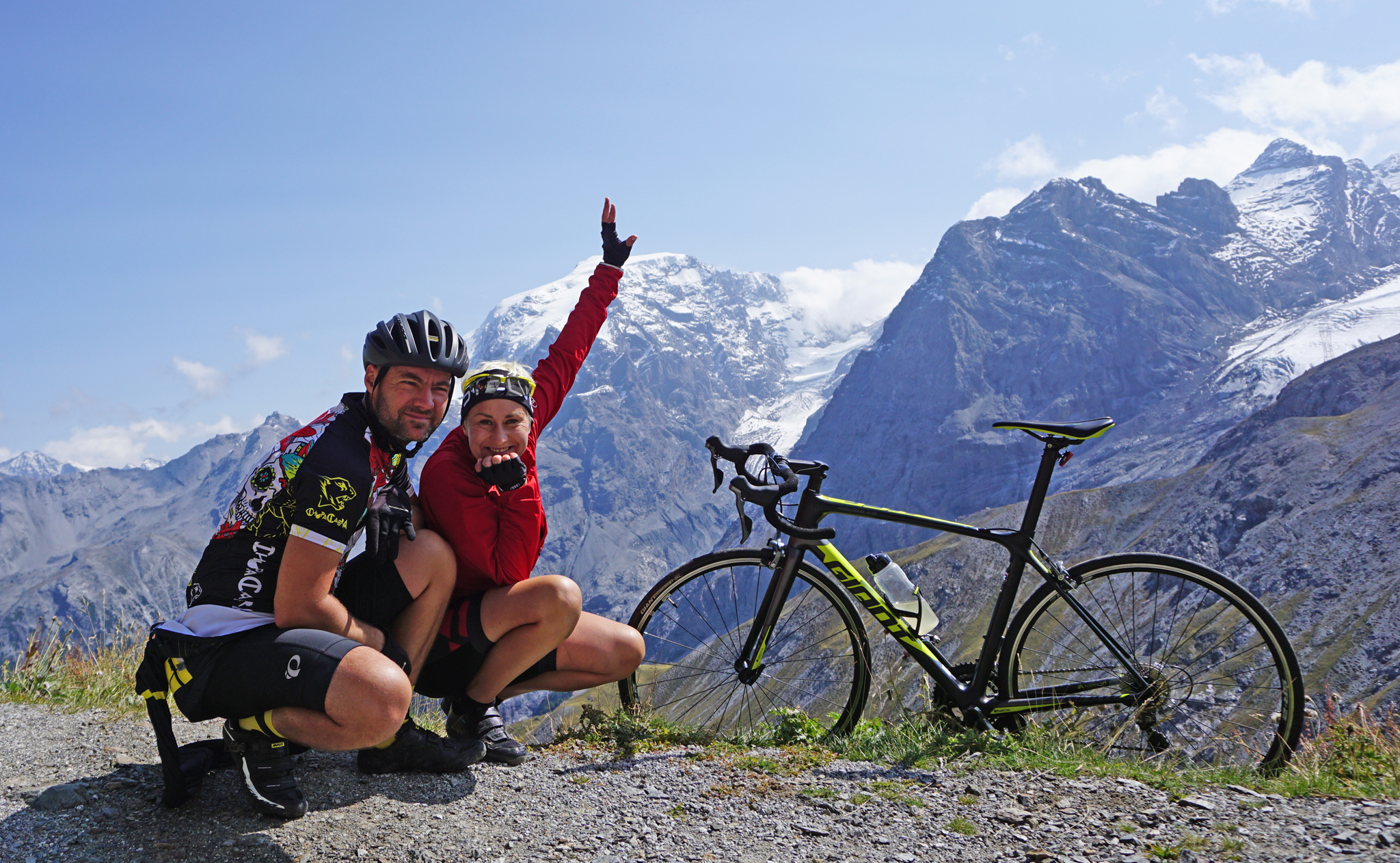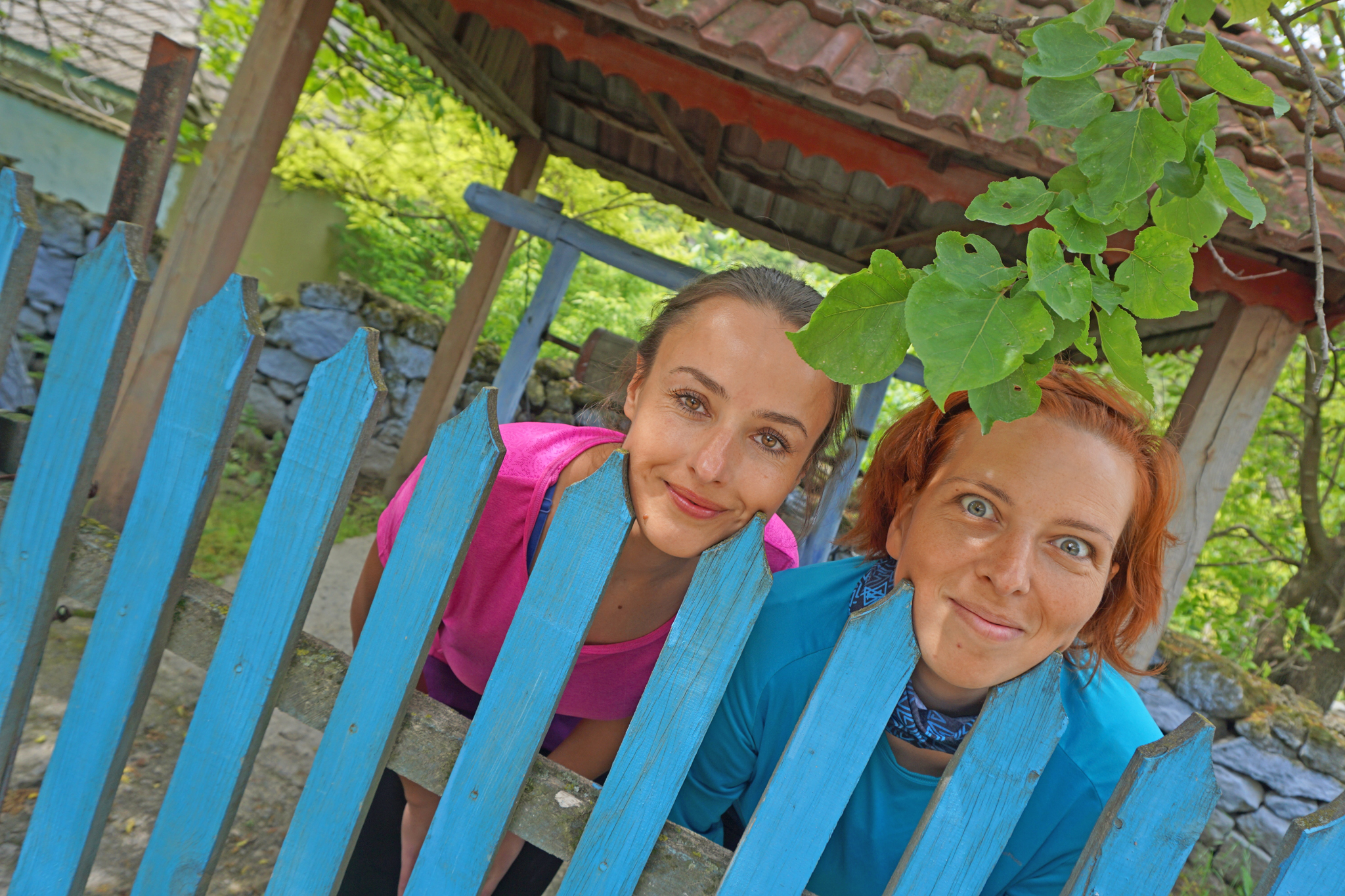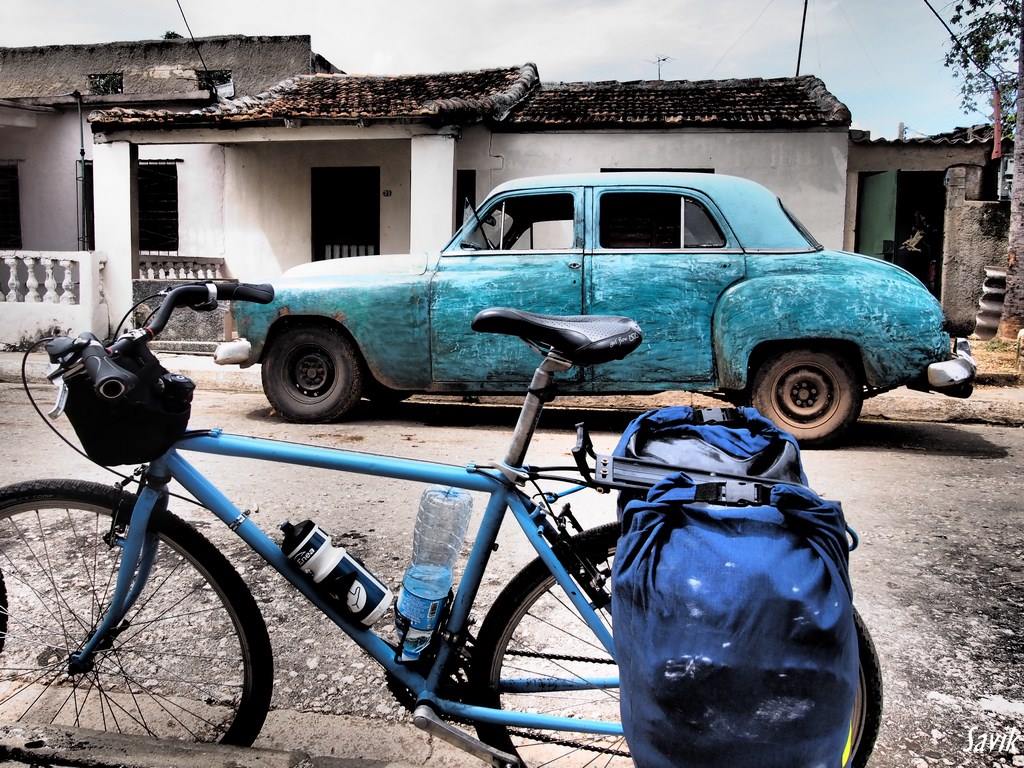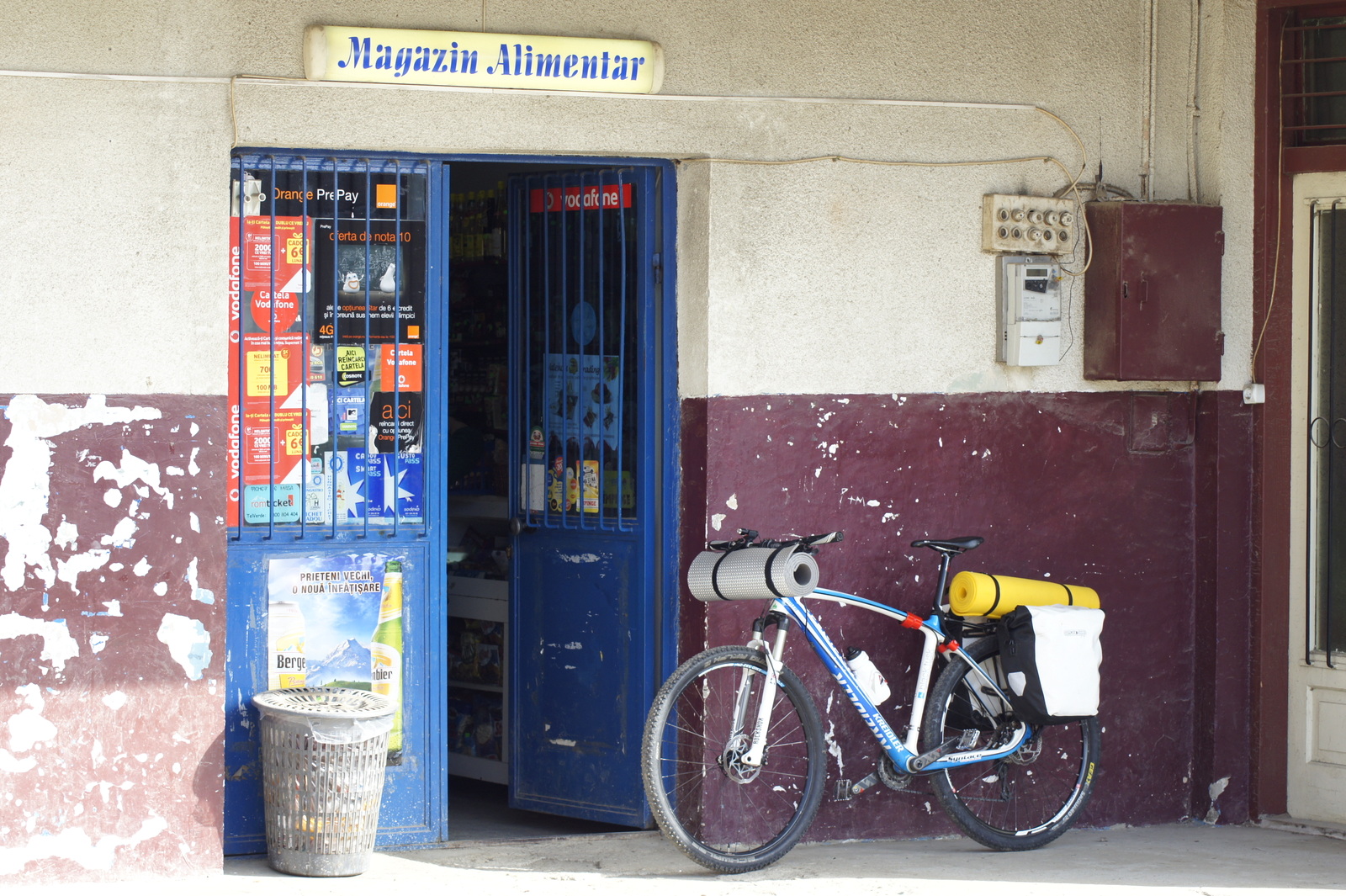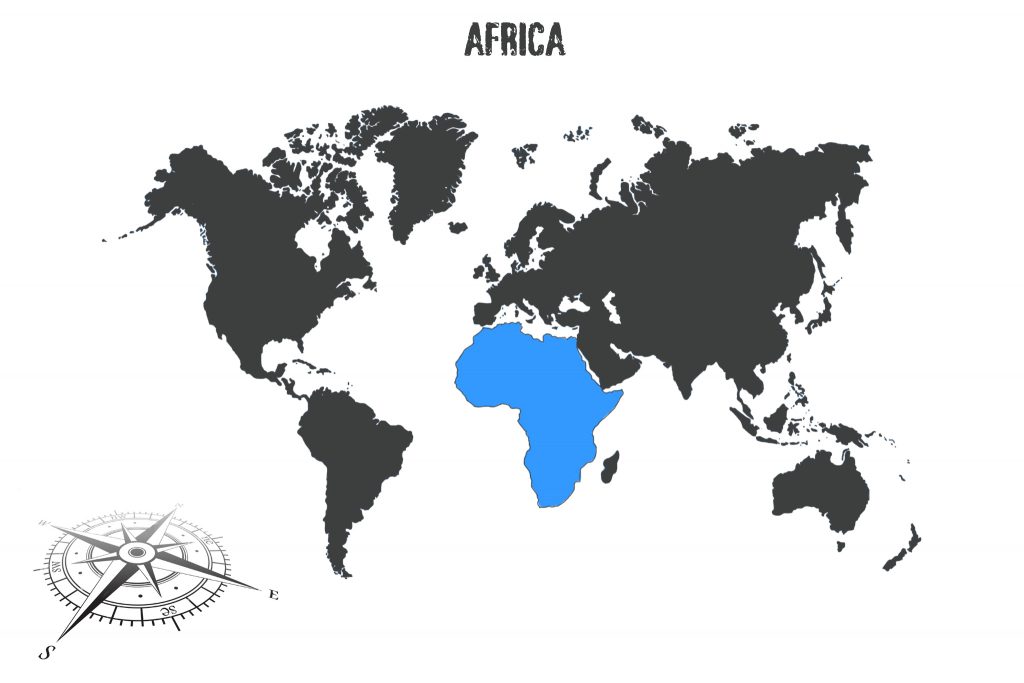
For us Poles, Africa is of particular importance when it comes to cycling trips. It is still a wild destination
and maintains a certain mystery that begs to be explored. The birthplace of our species, Africa is rich
in history and natural diversity and it is the place where we can see the animals that we saw in books
as children.
Mention Africa and we think: heat, Sahara, jungle, Kilimanjaro – Hypnotic, magical places that are out of reach yet full of surprises. The edge of the world, which remains uncharted and full of wild reserves that still have
a chance to remain free from human meddling.
When choosing this destination, you must remember that you are entering a different world that is governed by its own law of survival. We embark on this African adventure inspired by the story of a Pole who has made his mark on history so much that Polish children learn about him at school today. Let me tell you the story of Kazimierz Nowak, a Polish journalist who set off on an amazing journey through Africa.
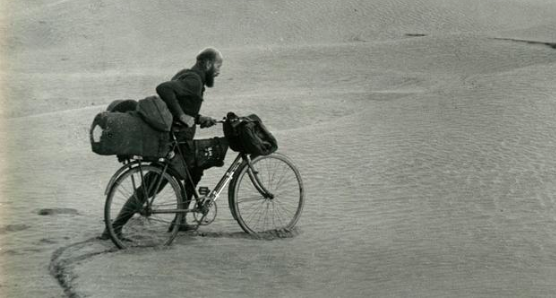
Kazimierz Nowak (1897 – 1937)
He was born in the town of Stryj in Podkarpacie.
He started his professional life (because this adventure begins) as an office clerk, but he was drawn to cycling trips, thanks to which he had the opportunity to realize his passions as a traveler and photographer. In the time of crisis after the First World War, due to the inability to take up a job and the need to provide for him family, he decided to go abroad to earn a living as a press correspondent and photographer. In Europe,
he cycled through Hungary, Austria, Italy, Belgium, the Netherlands, Romania and Greece. After further perturbations with work and a temporary return to Poland, he finally made the decision to travel through Africa by bicycle. Exactly on November 26, 1931, he set foot on the dark continent to embark on the greatest adventure of a lifetime.
With his well-worn bicycle, he began his southbound journey of several thousand kilometers from Tripoli towards Cape of needles, the farthest point on the continent. When he reached the Maradah oasis on Holy Saturday, 1932, he was confronted by the services of the Zone Command. No one could comprehend how
a lonely cyclist from Poland found himself among the lonely desert. The Italian authorities, due to the turbulent situation in Cyrenaica, ordered Nowak to change route and go through Benghazi to Alexandria
in Egypt. From there he headed south again. Along the Nile, along the Great African Lakes trail, he pushed further and deeper into a continent teeming with its own unexplored life. It is only from afar that echoes
of world events reach here – the Great Depression, fascist policies in Europe – so unreal against epidemics raging on the continent or ominous clouds of locusts moving across the sky.
Occasionally Nowak passed through indigenous villages where in addition to some food, he got to hear old local legends. He met the Tuaregs, Egyptian fellachs living among the marshes of the Shilluks, the proud people of Watussi, Pygmies, Boers of the Transvaal, Hottentots, Bushmen, dwarfs of Babing, savage Abasalampas, Negroes of Hauss and many other exotic inhabitants of the continent connected by a common fate of survival. As his journey continued, the tam-tam rhythm brought other settlements the incredible news of a lonely white man on a bizarre vehicle.
In loneliness, to the sound of the rustling canvas of the tent, he wrote down his impressions and observations. He wrote to newspapers about the beauty of the continent, but also the horror of the African wilderness, colonialism and globalization. He wrote to his beloved wife and children about how much he missed them
and how much he hoped that his labors will bring the coveted income to his family.
The kindness with which his missionaries treated him gave comfort to Nowak. When the traveler reached
the settlements of white explorers of Africa, the sense of loneliness seemed to increase in him, because
he noticed how much he distinguished himself from officials, military, seekers of natural resources and hunters who came here for profit, careers, trophies or debauchery. Sensitive to human harm and respectful
of virgin nature, he was acutely aware of the imperial customs of Europeans in Africa at the time.
He was in no hurry when he saw the light of the next city on his trail on the horizon. He set up camp
and spent one more night away from the settlement of people, among the beloved, untainted nature of Africa. Contrary to the hopes of representatives of the Maritime and Colonial League, he did not share the colonial ambitions of the Polish state. Perhaps for this reason, Nowak was not given adequate material help, he only received bicycle tires sent by Stomil.
Meanwhile, Maria Nowakowa is the mediator between her husband and the editorial offices printing his stories. Thanks to the income from the reports and photos from Africa, he supported his family in Poznań.
He regularly prepared packages with photographic materials and sent them to Poland in accordance with
the precise directions of his spouse. Sometimes, she managed to send Nowak modest financial resources
that saved him from extreme misery. He also bought the Contax 35mm camera from Kazimierz Greger’s photo studio, thanks to which the reporter could take over 10,000 photographs throughout the journey.
On the last day of April 1934, Kazimierz Nowak reached the southern tip of Africa – Cape of Needles.
While in Cape Town, he decided to return home a different way – again alone across the continent.
He left immediately despite the malaria attacks and eternal void in his pocket. In an interview with Dziennik Poznański he later admitted that the British, full of admiration for his feat, offered him free first-class transport to Europe, but he refused.
„I was overcome by fear …” he recalled. “When I thought I could be in the four polished walls of the cabin, I began to remember the tones of the restaurant jazz band, the luminaries of elegant gentlemen and ladies loomed before my eyes, got on the bike and ran away”.
In the wilderness of South-West Africa, the bicycle split into pieces. Unexpectedly, he received help from
a fellow Pole living in Gumuchab, a man called Mieczysław Wiśniewski. Kazimierz Nowak received a horse from him named Ryś and bought another named Żbik. Ryś became his riding horse and Żbika was exchanged for another horse named Cowboy, which was used as his luggage horse. He traveled the next 3000 kilometers in the saddle and upon arriving at his next stop – the Zamoyski residence in Angola – he parted with his four-legged companions.
Nowak reached the Kassai River using a bicycle given to him by Zamoyski. There he decided to transform himself into a sailor and float down the turbulent river using a custom-made indigenous canoe.
In a catastrophe, he lost his new means of transport and was forced to travel hundreds of kilometers on foot. Upon arriving in Lulua, he purchased a new boat – called “Mary” in honor of his wife – and adapted it to his needs. In September 1935, his arrival in Leopoldville (now Kinshasa in the Democratic Republic of the Congo) ended a two-month period of lonely sailing along the rivers Lulua, Kassai and Congo. The next leg of his journey to Lake Chad was covered on the bicycle. The authorities of French Equatorial Africa warned him
to not cross the Sahara alone, recommending to continue traveling with a caravan which would provide him with sufficient water.
“Good morning, I’m Kazimierz from Poland”.
“Good morning”, answered the sergeant, “how can I help you?”
“I would like to cross the border and go north”
“it’s impossible!” he screamed, “in the north you will encounter the Sahara, the largest desert in the world! a lonely traveller with only a bike cannot cross the desert, because you won’t be able to carry enough water for this journey. If I allow you to go,
then I am signing your death certificate.
Nowak acquired a camel hired a sherpa and formed his own caravan. He spent the next five months on the swinging back of his camel, Ueli, thus reaching Uargel. The last 1000 kilometers from Uargel to Algiers on the Mediterranean Sea were covered by bicycle. In November 1936, he completed a journey of over forty thousand kilometers. With the remainder of his money he bought warm clothes and a ferry ticket to Marseille. From there he went to Beaulieu near St. Etienne, where he spent two weeks in a Polish mining colony (which he had already visited during his previous trip around Europe). He tried unsuccessfully to raise money for a train ticket to Poland by selling photos from Africa and taking photos of miners. He went to Paris, where he arranged visa formalities for travel through Belgium and Germany. With the help of his wife and the guarantee of the tire factory, Stomil, he received a loan of 750 francs from the Polish consul.
On the night of December 22, 1936, he crossed the German-Polish border in Zbąszyń. In Poznań, among waiting and disembarking people, in the dim light of an unlit platform, he recognized a group of loved ones waiting for him.
After returning to Poznań, Kazimierz Nowak delivered lectures, enriched with photos, on African ethnography at the Apollo cinema. With guest lectures also in other cities, he presented his travel account at, among others, the Jagiellonian University in Krakow and the Warsaw School of Economics. He planned to release the materials he collected in the form of a book and intended to undertake another trip, this time to India and Southeast Asia. Unfortunately, these wishes were not to be fulfilled. Due to exhaustion and frequent bouts of malaria and an unfortunate case of periostitis of the left leg, he had to undergo surgery. During his stay at the hospital he got pneumonia and less than a year after returning home, Nowak died on October 13, 1937.

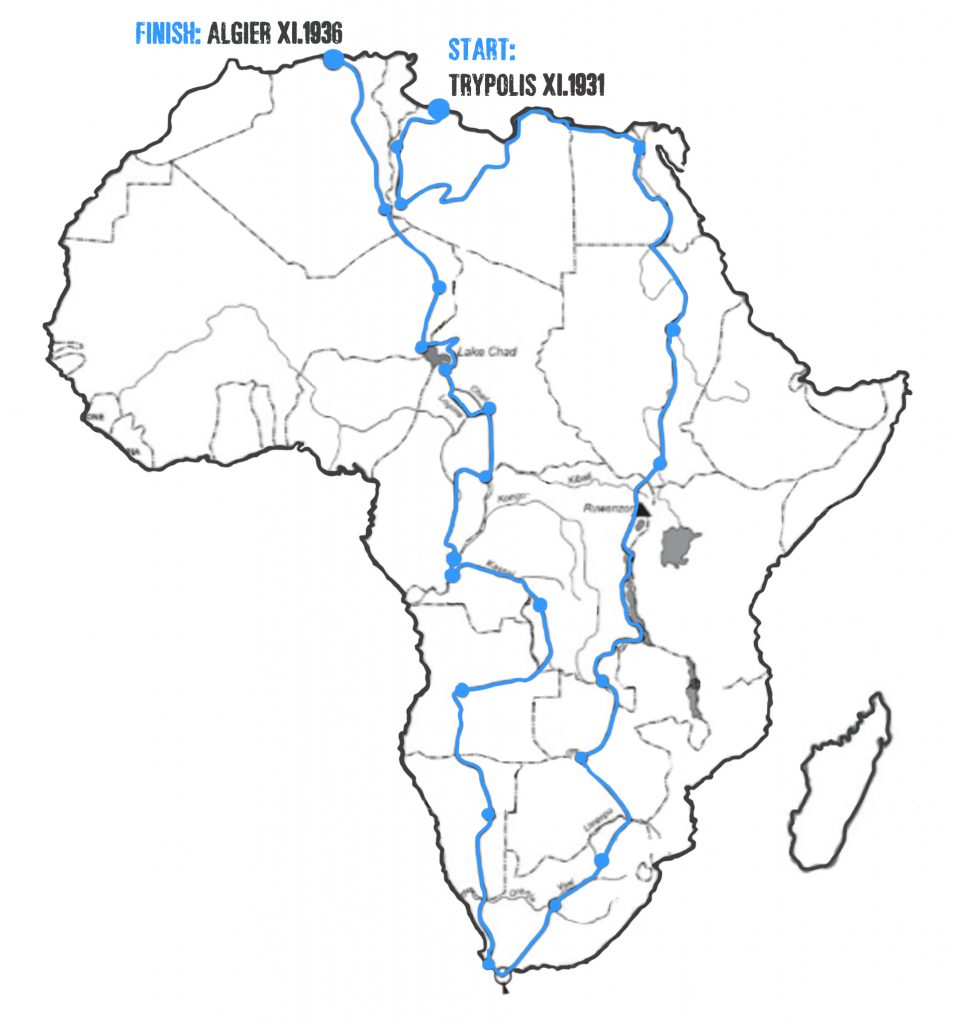
Today for Poles (especially those who love bicycles), he is a symbol of perseverance who motivates us not to give up on our passion despite adversity.
More information:
Kazimierz Nowak’s Foundation
https://kazimierznowak.pl/

